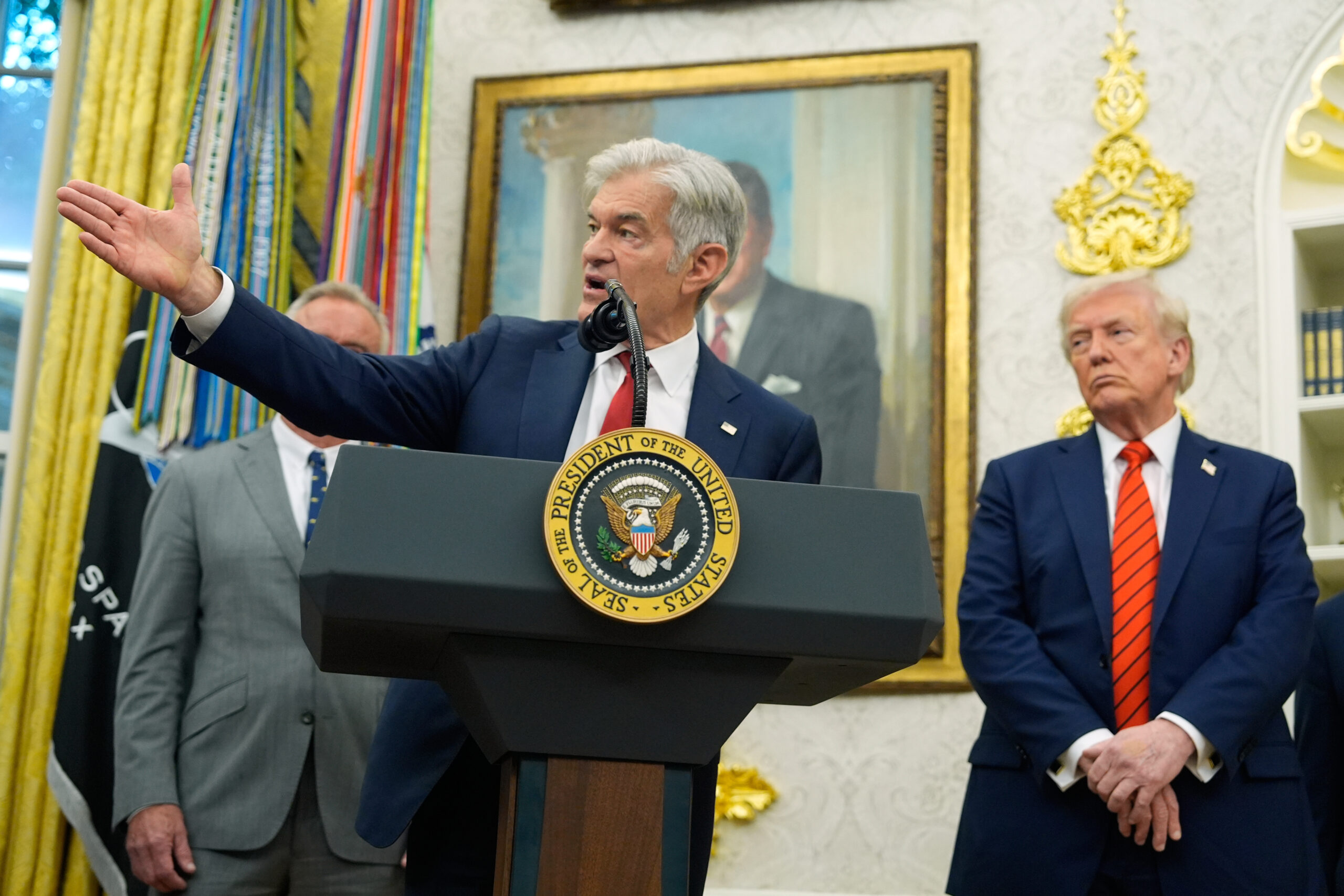Health
White House Takes Steps to Address Health Care Affordability

The White House is taking urgent steps to address health care affordability as critical subsidies under the Affordable Care Act (ACA) approach expiration at the end of 2023. Senior officials from the Trump administration have convened to strategize on how to mitigate the impact of these potential changes, which could leave millions without affordable health coverage.
As the clock ticks down to December 31, 2023, health care advocates and lawmakers are raising alarms about the consequences of letting these subsidies lapse. According to data from the U.S. Department of Health and Human Services, approximately 13 million Americans rely on these subsidies to reduce their monthly insurance premiums. The expiration could lead to substantial premium increases for many households, potentially pushing health care out of reach for vulnerable populations.
The discussions among senior officials include potential legislative measures that Congress might consider to extend the subsidies or implement alternative solutions. Health care affordability remains a top priority, particularly as the nation heads into the 2024 election cycle, where health care is expected to be a pivotal issue.
Potential Solutions Under Review
Officials are exploring various approaches to ensure continuous support for individuals seeking affordable health care options. One proposed solution is to expand existing funding mechanisms within the ACA framework. This could involve reallocating federal resources to bolster subsidy programs, thereby maintaining access to necessary health services for low- and middle-income families.
Additionally, the administration may consider working closely with state governments to enhance outreach efforts aimed at enrolling eligible individuals in health plans. By increasing awareness and accessibility, the goal is to mitigate the risk of coverage losses that could arise from subsidy expirations.
There is also discussion around the possibility of introducing new tax credits or financial assistance programs targeted at populations most at risk of losing coverage. Such initiatives could help cushion the financial blow and ensure that affordable health care remains within reach for those who need it most.
Political Implications and Public Response
The political landscape surrounding health care affordability is complex. With mounting pressure from both sides of the aisle, the administration’s actions will likely influence public perception ahead of the upcoming elections. Health care advocates are emphasizing the importance of maintaining robust support systems, arguing that losing subsidies would disproportionately affect marginalized communities.
Public opinion polls indicate that health care affordability is a critical issue for voters, with many expressing concern about rising costs and access to necessary services. As the White House navigates these discussions, the outcome could have significant implications for legislative priorities in the coming year.
In conclusion, the White House is actively engaging in discussions to address the impending expiration of ACA subsidies, recognizing the potential impact on millions of Americans. As officials deliberate on possible solutions, the urgency to act remains acute, underscoring the importance of health care affordability in the national dialogue.
-

 Science4 weeks ago
Science4 weeks agoIROS 2025 to Showcase Cutting-Edge Robotics Innovations in China
-

 Lifestyle4 weeks ago
Lifestyle4 weeks agoStone Island’s Logo Worn by Extremists Sparks Brand Dilemma
-

 Health4 weeks ago
Health4 weeks agoStartup Liberate Bio Secures $31 Million for Next-Gen Therapies
-

 World4 weeks ago
World4 weeks agoBravo Company Veterans Honored with Bronze Medals After 56 Years
-

 Politics4 weeks ago
Politics4 weeks agoJudge Considers Dismissal of Chelsea Housing Case Citing AI Flaws
-

 Lifestyle4 weeks ago
Lifestyle4 weeks agoMary Morgan Jackson Crowned Little Miss National Peanut Festival 2025
-

 Health4 weeks ago
Health4 weeks agoTop Hyaluronic Acid Serums for Radiant Skin in 2025
-

 Science2 weeks ago
Science2 weeks agoUniversity of Hawaiʻi at Mānoa Joins $25.6M AI Initiative for Disaster Monitoring
-

 Science4 weeks ago
Science4 weeks agoArizona State University Transforms Programming Education Approach
-

 Sports4 weeks ago
Sports4 weeks agoYamamoto’s Mastery Leads Dodgers to 5-1 Victory in NLCS Game 2
-

 Top Stories4 weeks ago
Top Stories4 weeks agoIndonesia Suspends 27,000 Bank Accounts in Online Gambling Crackdown
-

 Sports4 weeks ago
Sports4 weeks agoMel Kiper Jr. Reveals Top 25 Prospects for 2026 NFL Draft









